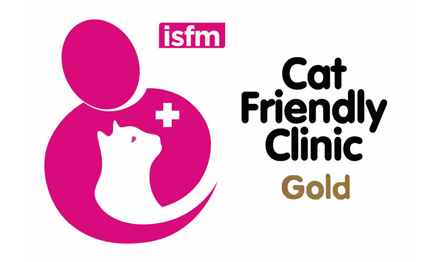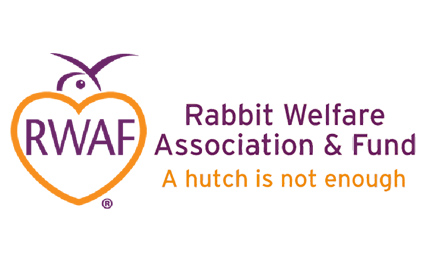24 hour contact: 020 7387 8134
How to transport your small mammal/exotic pet
Rabbits and Rodents
Rabbits and rodents may be transported in a small cat carrier or small mammal pet carrier depending on their size. We have a wide range of diets available in hospital but it is helpful if you can bring in your pet’s normal food or favourite treats to encourage them to eat in an unfamiliar environment. Social species such as rabbits, guinea pigs and chinchillas are likely to be more relaxed if accompanied by their companion so we also encourage you to bring in any closely bonded companion animals.
Ferrets and other small mammals
Ferrets and other small mammals should be transported in a small cat carrier or small mammal pet carrier. Any favourite treats, toys or bedding should be brought in to encourage them to feel at home in an unfamiliar environment.
Parrots and other cage birds
Parrots and other cage birds should be transported in a secure carry cage or cat carrier. There are a variety of carry cages available for birds but the ideal cage will be one with a large door from which the bird can be easily caught to minimise anxiety. We have a wide range of both pellet and seed diets available in hospital but it is helpful if you can bring in your bird’s normal food, and any favourite treats or toys to encourage them to eat and relax in an unfamiliar environment.
Birds of prey
Birds of prey should be brought in their transport box, ideally with their own glove and hood for handling purposes. We have extra handling equipment available if necessary and keep frozen prey items in stock but please advise us of any special dietary requirements.
Chickens
Chickens should be brought in a cat carrier or secure transport box along with any favourite foods.
Reptiles
Reptiles should be transported in a box or securely tied cloth bag within a second box for insulation. A heat source should be provided such as a hot water bottle or microwavable bean bag, but care should be taken that your pet cannot lie on this directly and burn itself. It is very important to keep your reptile warm throughout the journey. We cannot fully assess a cold reptile and may need to admit them to hospital to warm them up if this is the case. If you arrive for your appointment early or have a prolonged waiting time at the hospital please speak to reception as we have a number of dedicated vivariums for these species where your pet can wait.
Amphibians and fish
Amphibians and fish should be brought in a small plastic tank or sturdy plastic bag within a polystyrene box. For terrestrial amphibians, only a very small amount of water should be added to the substrate at the bottom of the container. For aquatic amphibians and fish, transport containers should be 2/3 filled with air and 1/3 with water (from their home environment). Please also bring a second bag of water from their pond or tank in case water quality needs to be tested or your pet needs to be admitted to hospital.



